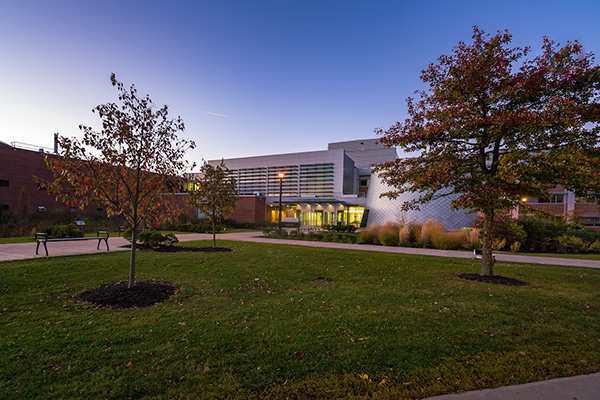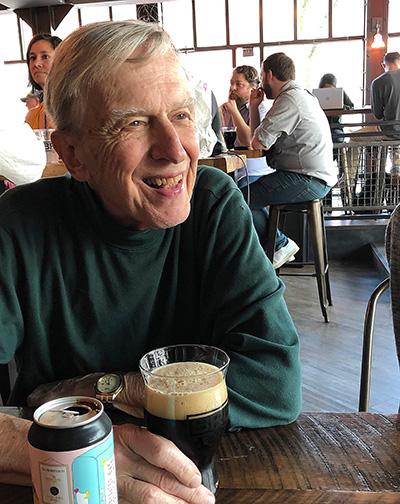
05/20/2025
Charles H. Spink, professor emeritus of chemistry, passed away peacefully from congestive heart failure at his home in Fort Collins, Colo., on April 24, 2025. He is survived by his wife, Libby Kowalski, SUNY Cortland professor emerita of art and art history, his loving son, Jeremy Spink, and his stepson, Greg Kowalski.
Spink was a valued member of the SUNY Cortland Chemistry Department from 1967 until his retirement in 2001. He taught experimental chemistry and biochemistry and played a vital role in developing innovative third-year courses with an emphasis on environmental analysis. He also chaired the department from 1992 to 1995.
Throughout his distinguished career, Spink remained deeply committed to scientific research, publishing over 50 peer-reviewed articles in refereed journals. He contributed major chapters for five books in the areas of calorimetry and biothermodynamics. His sabbatical work included a fellowship from the Swedish Scientific Research Council to study at the Thermochemistry Center, University of Lund.

Spink’s research on nucleic acid cationic lipid interactions proved particularly meaningful, studying scientific processes that would help contribute to the development of mRNA vaccines years later.
During other sabbaticals, he collaborated with renowned scientists such as Julian Sturtevant at Yale University, Gerald Feigenson at Cornell University, Brad Chaires at University of Mississippi Medical Center, and Ned Seeman at New York University. Spink continued working in calorimetry and studies of DNA-lipid interactions throughout his career, and he was at the library researching for another paper just weeks before he passed away.
Known affectionately as “Charlie” by colleagues and students alike, Spink was passionate about inspiring curiosity and enthusiasm for science. He secured numerous grants to support student summer research and to enhance departmental instrumentation. His own work was generously funded by the National Science Foundation, the National Institutes of Health and the American Chemical Society.
Though Spink retired years ago, he always hoped his contributions to student learning and scientific inquiry would be remembered. His legacy continues through the many lives he touched, both in and beyond the classroom.